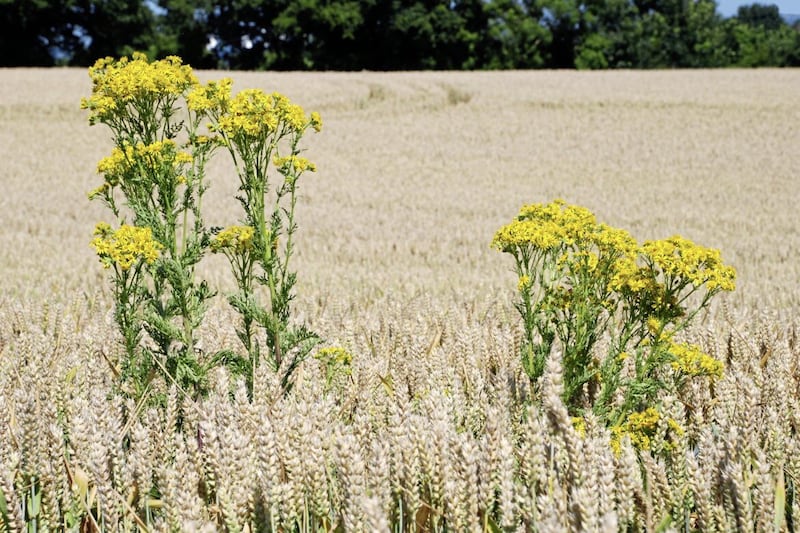It’s an old story: man meets woman, the type you find almost anywhere in world literature. Even in the Bible it is told several times.
The first is Abraham, who sends a servant to look for a wife for his son, Isaac. When the servant arrives at the well, he prays that the woman who gives him a drink will be the one.
Then there is Jacob, also looking for a wife, and meeting Rachel, again at a well, and finding himself strong enough to move the huge stone covering the well.
A third is Moses, who defends the seven daughters of the priest, Reuel, against the shepherds who were harassing the girls at the well, before taking one of them as his wife.
But the fourth and most important story is the one at Jacob’s well in Samaria, where, in the heat of the noonday sun, a thirsty Jesus meets a woman who asks him for living water.
They’re all different stories. The first is a love story, the second a story of help and the third, one of protection. But in the fourth story, things are more complicated with themes like ‘salvation’ and words like ‘Messiah’ being mentioned.
So, who is this Samaritan woman with whom Jesus holds the longest discussion recorded in the gospels? The story is the focus of the Third Sunday of Lent, marked today. For too long this ‘type story’ has been sold as a sexual morality tale based on an interpretation of the woman as a sinner because she had five husbands. Sadly, this serves patriarchy more than scripture.
Assuming personal licentiousness on the woman’s part is a result of a patriarchal bias to reduce women to their sexuality and their sexuality to immorality.
Indeed, if there are sexual overtones in Jesus’ exchange with her, they are initiated by him, not necessarily personally, but symbolically.
The meaning of the “five husbands” becomes clearer and more interesting when “husbands” is understood as “Lords” or “Gods”. Samaria has had five foreign Gods since the time of the Assyrians (2 Kings 17:30-31) and the current one is not Yahweh, but Rome.
It’s an interesting theological point and prepares the way for the fascinating exchange between Jesus and the woman, an exchange in which the woman gives as good as she gets.
The point is that Jesus is wooing Samaria and this woman is an integral partner in his recruitment strategy.
But to charm Samaria, Jesus must first address Samaritan theological concerns. The woman symbolically grills him on the different beliefs held by Jews and Samaritans. Why is he breaking custom by asking her for a drink? And why does he elevate himself to the status of the great Samaritan patriarch, Jacob?
But she is a savvy person and soon realises that Jesus is talking like a prophet. Finally, she challenges him on the last major hurdle in the Jewish/Samaritan theological divide: is worship to be carried out on Samaria’s sacred Mount Gerazim or on Jerusalem’s Holy Mount?
Jesus’ answer astounds her when he makes a claim for neither. Instead, in his Kingdom all will worship only in “spirit and in truth”.
At the end of their lengthy discussion, when Jesus tells her that he is the longed-for Messiah, she leaves her water jar behind, much like the fishermen leave their nets and invites her people to “Come and see”, the classic marking of a disciple.
It’s a powerful piece of theatre where an intelligent, questioning woman meets the embodiment of her theological search in the person of her enemy, tests his narrative and, when convinced of its validity, tells its truth to the people in her community.
The poet, Adrienne Rich, has said that when a woman tells the truth, she is creating the possibility for more truths around her. To do so, however, requires self-possession, authority and guts. And that Samaritan woman at Jacob’s well has the full package.
That’s why I think she is the most interesting woman in the Gospels.
Fr Gerry McFlynn is a Down and Connor priest and project manager of the Irish Council for Prisoners Overseas








